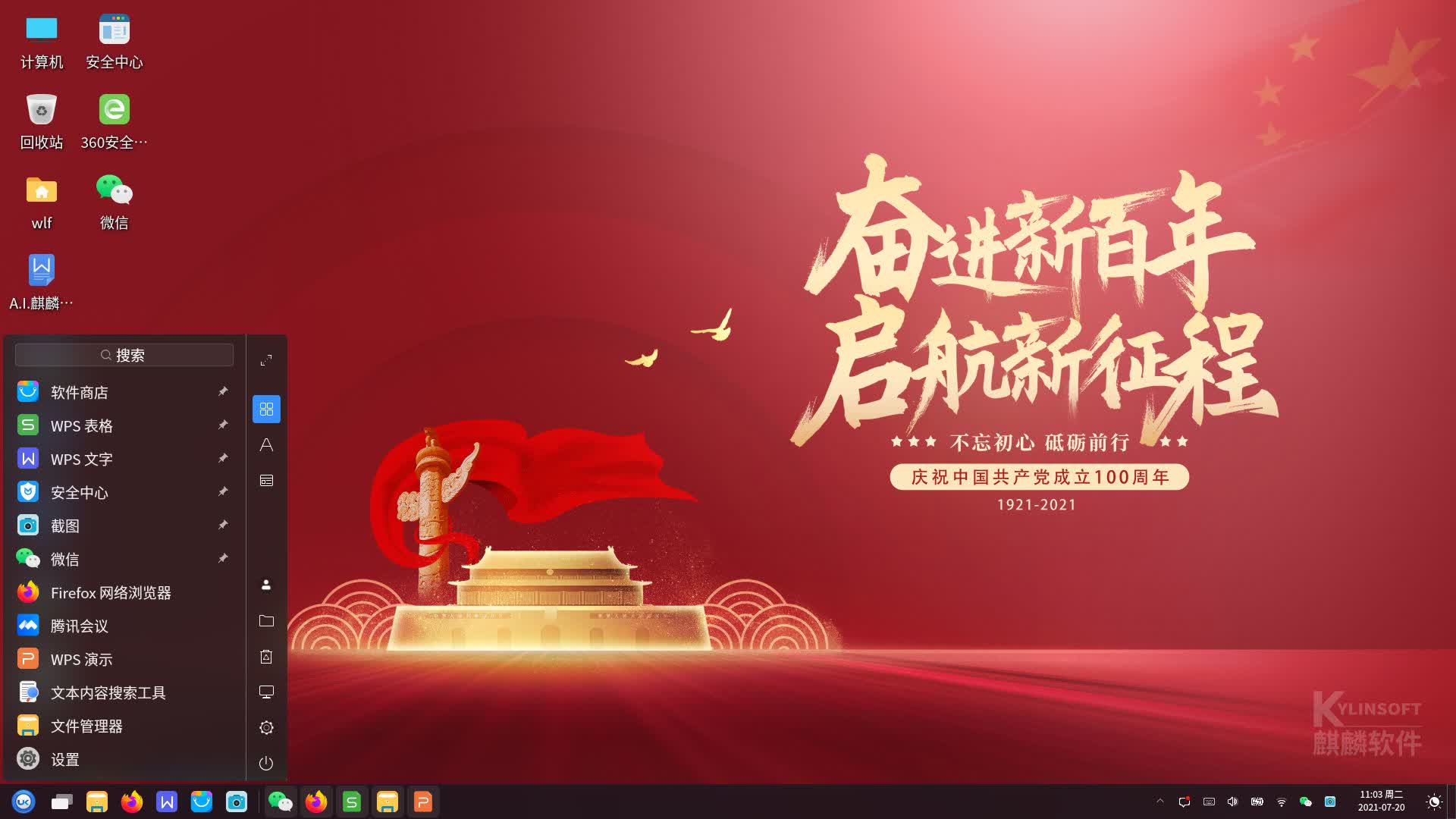In context: China’s quest for a homegrown desktop operating system isn’t new. After trying for many years, the country has not yet been able to make any significant progress in that direction. Public institutions and citizens remain highly dependent on Microsoft’s Windows operating system to this day, but that could change in the coming years.
According to a South China Morning Post report, the Chinese government is spearheading the development of a desktop operating system that could replace the need for American-made ones like Windows and macOS.
Kylinsoft, a state-owned China Electronics Corp. subsidiary, is leading the new effort. The company has partnered with several local organizations, such as the National Industrial Information Security Development Research Center. Its first goal is to set up an open-source code community called “openKylin” to encourage more programmers to contribute.
It will be interesting to see if China’s latest OS initiative will succeed, but chances are high that it won’t. Replacing mature operating systems that have been in development for decades is a monumental task, and Chinese tech companies are known for copying the homework of their Western counterparts.
A little-known fact about Kylin is that at one point, it was over 99 percent plagiarized code from FreeBSD, something that damaged its reputation for several years. Modern versions are Linux-based, featuring a UI clearly inspired by both Windows and macOS. It even features Microsoft’s horrible naming scheme of yesteryear (“Kylin V10 Service Pack 1”).
Perhaps more telling is that even market researchers from China are skeptical about the new project. Liu Dingding, a veteran analyst from Beijing, told Global Times that while it will be difficult to challenge Windows and macOS. It will be even harder for China to establish an app ecosystem for a homegrown OS — a lesson Huawei has already learned in the mobile space with HarmonyOS and the AppGallery store.
TECHSPOT : Tech Enthusiasts, Power Users, Gamers
TechSpot is a registered trademark. About Us Ethics Statement Terms of Use Privacy Policy Change Ad Consent Advertise
© 2022 TechSpot, Inc. All Rights Reserved.